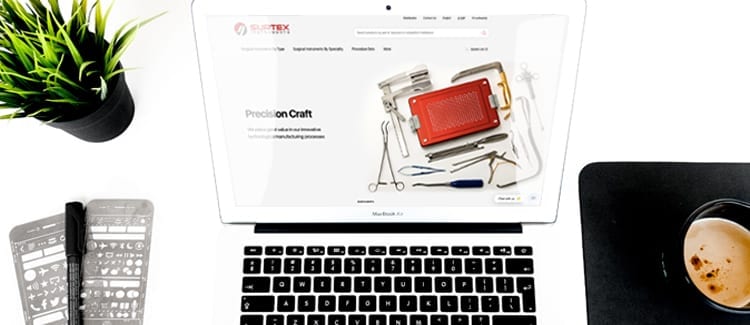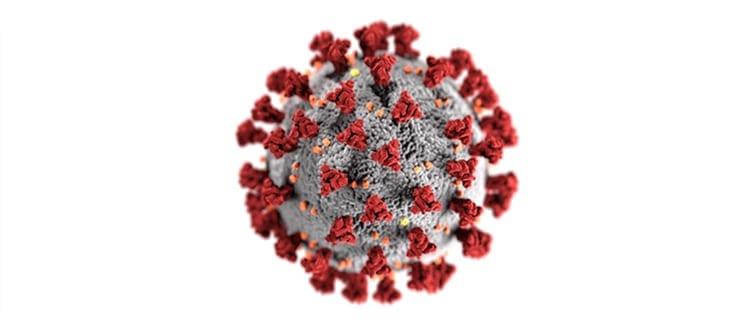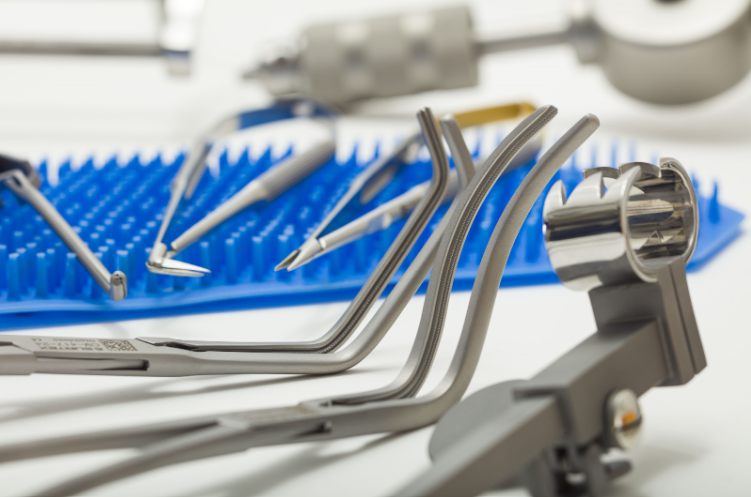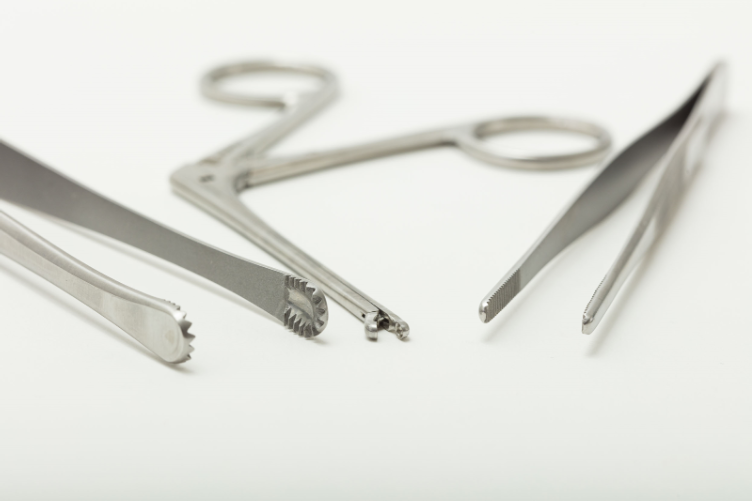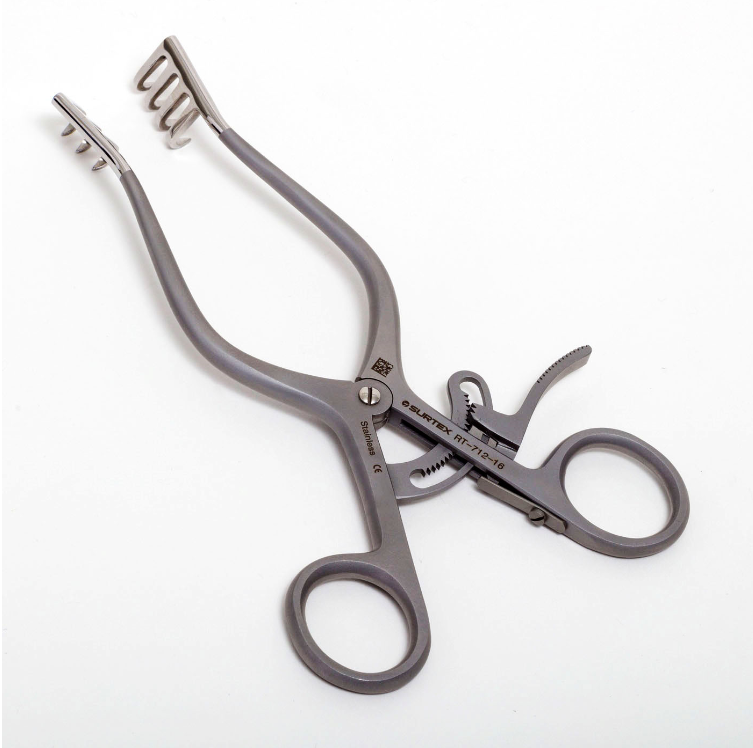From Incisions to Sutures: How Surgical Scissors and Needle Holders

From Incisions to Sutures: How Surgical Scissors and Needle Holders Complement Each Other
Introduction
The success of surgical procedures relies heavily on the precision, reliability, and quality of the surgical instruments in use. Among these, surgical scissors and needle holders stand as indispensable tools in the hands of a surgeon. This article aims to explore how these two categories of instruments complement each other in various surgical specialties, such as cardiovascular, orthopedic, and neurosurgery, among others.
Keywords: Surgical Scissors, Needle Holders, Surgical Specialties, Incisions, Sutures, Medical Technology
Types of Surgical Scissors
Surgical scissors come in a variety of types, each designed for specific applications. The main categories are as follows:
| Type | Application |
|---|---|
| Operating Scissors | General cutting needs during surgery |
| Bandage Scissors | Cutting bandages and dressings |
| Stitch Scissors | Cutting sutures post-surgery |
| Micro Scissors | Delicate operations, such as in neurosurgery |
| Tenotomy Scissors | Cutting tendons in orthopedic procedures |
It is crucial to choose the appropriate type of scissor for the specific surgical application to ensure optimal outcomes.
Special Mention: Incision Scissors
The Incision Scissor is often used to make initial incisions in the skin or tissue. It sets the stage for the surgical procedure and is designed for utmost precision.
Types of Needle Holders
Needle holders are equally varied in their types and applications. Here are some of the primary categories:
| Type | Application |
|---|---|
| Standard Needle Holders | General suturing needs |
| Tungsten Carbide Needle Holders | Enhanced grip and durability |
| Micro Needle Holders | Microsurgery and delicate suturing tasks |
Specific models, such as the Derf Needle Holder, Doyen Needle Holder, and Adson Needle Holder, offer unique advantages tailored to particular surgical needs.
The Symbiotic Relationship
Incisions and Initial Steps
- Preparation: The procedure often starts with the surgeon using a specific type of surgical scissor to make an incision.
- Precision: The choice of scissor depends on the surgical specialty and the type of incision required.
- Initiation: Surgical scissors like the Incision Scissor are often used to initiate the surgical process.
Suturing and Closure
- Selection: The surgeon selects the appropriate needle holder based on the suturing needs of the surgery.
- Execution: Needle holders like the Tungsten Carbide variants offer enhanced grip, facilitating precise suturing.
- Closure: The surgical procedure often concludes with the surgeon using needle holders to suture incisions or internal structures.
Specialized Surgeries
In specialized surgeries like cardiovascular or neurosurgery:
- Micro Scissors and Micro Needle Holders are often used in tandem for delicate tasks.
- The choice of instruments is critical in ensuring that the incisions are precise and that sutures are secure.
Conclusion
Surgical scissors and needle holders serve as the linchpins of successful surgical procedures. Their complementary roles in making incisions and suturing make them indispensable in the surgical toolkit. By understanding their various types and applications, medical professionals can make informed choices that contribute to optimal surgical outcomes.
At Surtex Instruments®, each instrument is meticulously handcrafted to exceed standards set out in CE, FDA, and ISO 13485 requirements, ensuring that you can rely on us for a broad range of surgical specialties.
For further information on our range of surgical scissors and needle holders, please visit the respective product categories on our website.
Join our newsletter
Specify the advantages, benefits of joining the newsletter, setting the spam rate.
